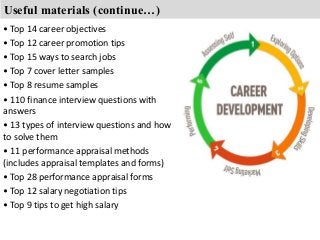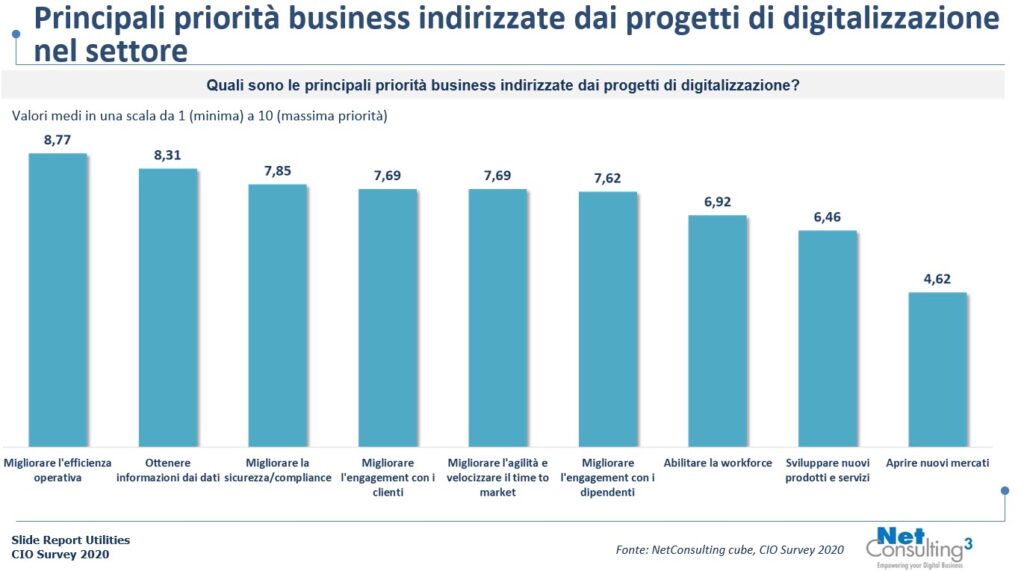
An Educational Consultant works in a similar role to a school counselor but is independent. Although they may work as independent contractors, educational consultants are also available to schools or consultancies. To be considered for this position, you must have the right education and relevant work experience. This article will provide more information about the role and what it entails. This article will also cover the salary, career outlook, and career path for an Educational Consultant.
Outlook on the job
An educational consultant may work in many different settings. Many of these consultants have extensive knowledge of the current education landscape. They may have experience volunteering in schools, or have become school governors. Consultants might work for companies or government agencies. They may also be self-employed. You can find education consulting positions at international agencies or with specialty organisations. Consultants have many responsibilities.
Education consultants have a good job outlook, and the BLS predicts that demand will increase through 2028. This growth will depend on local and state government budgets. In the coming years, school districts and postsecondary institutions will be held accountable for student achievement data, graduation rates, and test scores. Schools and districts will therefore seek out education consultants to assist with technology and curriculum issues. While the job might not offer immediate security, many people working in this field enjoy a high degree independence and can work whenever they want.

Salary
While education consultants can make a great salary, it is not always a raise. Education consultants usually work in small organizations or freelance. These professionals must possess education-related experience and a professional dress code. These professionals must have a broad knowledge base and be able to listen to clients. They must also be able to articulate their ideas and references education theory when necessary.
Education consultants can earn a great salary. The salary for all positions in consulting will differ depending on the location, experience, or reputation. Some people with a good reputation can earn high salaries while others are more affordable and less highly sought after. In all cases, how much money you make will depend on your experience and quality of work.
Education Required
An education in educational consultancy can help people make the transition from school and college. Consultants may help individuals apply for financial aid as well as apply to college. They could work for a college, school district, or other educational institution. Most educational consultants have experience teaching. If you are looking to specialize in one area of education, a master's program in educational consulting might be beneficial. They need to be familiar with the admissions process, assessment and career development.
A high school teacher can also be an educational consultant. Some consult with college-bound students or special needs students. Others work with entire schools and school districts. Some consultants are highly-skilled. There are many options for educational consulting, each with its own requirements and education. The majority of consultants hold a bachelor's degree. These are the requirements to be a consultant in education:

Career path
According to BLS, the demand is for education consultants will continue to rise. The state and local budgets will determine the extent of this growth. Schools and districts will be expected to feel increasing pressure to raise student achievement, test scores, and graduation rate. Schools and districts increasingly seek out educational consultants to help them implement new technology. There isn't much job security right now, but there are many opportunities for education consultants who love the field.
Three career options can be described by the title of educational consultant. Some use the term to refer to state employees or government agencies, while others refer to freelance professionals who work for private organizations. These individuals are often called educators, planners, or consultants in the field of education. However, these individuals are often referred to as educators, educators, or educational consultants. Although most educational consultants are educators themselves, there are some who specialize in particular areas. These are some tips to help you choose the right career path.
FAQ
How much does it take to hire a consultant
Many factors go into determining how much it costs to hire a consultant. These factors are:
-
Project size
-
Time frame
-
Scope of work
-
Fees
-
Deliverables
-
Other factors to consider include location, experience, and other considerations.
Which industries use consultants
There are many types and styles of consultants. There are many types of consultants. Some specialize in one type of business, while others can handle multiple areas.
Some consultants work exclusively for private businesses, while others represent large corporations.
Some consultants can also help businesses all around the globe.
What is a consultant and what are their responsibilities?
Consultants are those who offer services to other people. It's more than just a job title. This role allows you to help others achieve their dreams. This is done by helping others understand their options and making the right decisions.
Consultants can help you solve problems or overcome challenges when working on projects. They offer guidance and advice about how to implement such solutions.
A consultant should be able to answer questions about anything related to business, technology, finance, law, management, leadership, strategy, operations, customer service, human resources, etc.
Why would a company want to hire a consultant for their business?
Consulting provides expert advice about how to improve your business performance. They are not there to sell you products.
Consultants help companies make better business decisions through sound analysis and suggestions for improvement.
Senior management teams often have consultants working closely with them to help them understand their needs.
They also offer leadership training and coaching to ensure that employees are able to perform at their best.
They may advise businesses on reducing costs, streamlining processes, and increasing efficiency.
What degree do I need to become a consultant?
Learning a lot about a subject and then applying it to your life is the best way to be an expert.
You can learn all you need to know to become a great consulting professional by starting to study now.
A degree without relevant experience may make it difficult for you to be hired. If you can show that your education is comparable to the job applicants, you may still be eligible for employment.
Employers will always seek out candidates who have real-world experience.
How can I be a successful consultant?
The first step is to find an area you are passionate about. Building relationships is the next step. Understanding your clients' needs and operating style is essential. The final step is to provide results.
Although you don't have the ability to do everything perfectly, you must be better than anyone else. It is important to be passionate about what you do. It's not enough to just say "I want to be a consultant." You have to believe in yourself, and in what you are doing.
Statistics
- "From there, I told them my rates were going up 25%, this is the new hourly rate, and every single one of them said 'done, fine.' (nerdwallet.com)
- Over 50% of consultants get their first consulting client through a referral from their network. (consultingsuccess.com)
- My 10 years of experience and 6-step program have helped over 20 clients boost their sales by an average of 33% in 6 months. (consultingsuccess.com)
- According to statistics from the ONS, the UK has around 300,000 consultants, of which around 63,000 professionals work as management consultants. (consultancy.uk)
- According to IBISWorld, revenues in the consulting industry will exceed $261 billion in 2020. (nerdwallet.com)
External Links
How To
How do you find the best consultant?
The first thing to do when looking for a new consultant is to ask yourself what you want from him/her. Before you look for someone, you need to be clear about your expectations. It is important to make a list with all the requirements you have for a consultant. This might include skills such as project management, professional expertise, communication, availability, and technical skills. After you have listed your requirements, it might be a good idea to ask colleagues and friends for their recommendations. Ask them if they had any bad experiences with consultants previously and see how their recommendations compare with yours. Do some internet research if they don't have recommendations. There are many websites that allow users to leave feedback about their previous work experiences, such as LinkedIn and Facebook, Angie's List or Indeed. Take a look at comments and ratings from others, and use that data to find potential candidates. Once you have narrowed down your list, reach out to potential candidates and set up an interview. During the interview, you should talk through your requirements and ask them to explain how they can help you achieve those goals. It doesn't matter if they were recommended to your company; all that matters is that they are able to understand your business goals and show how they can help.